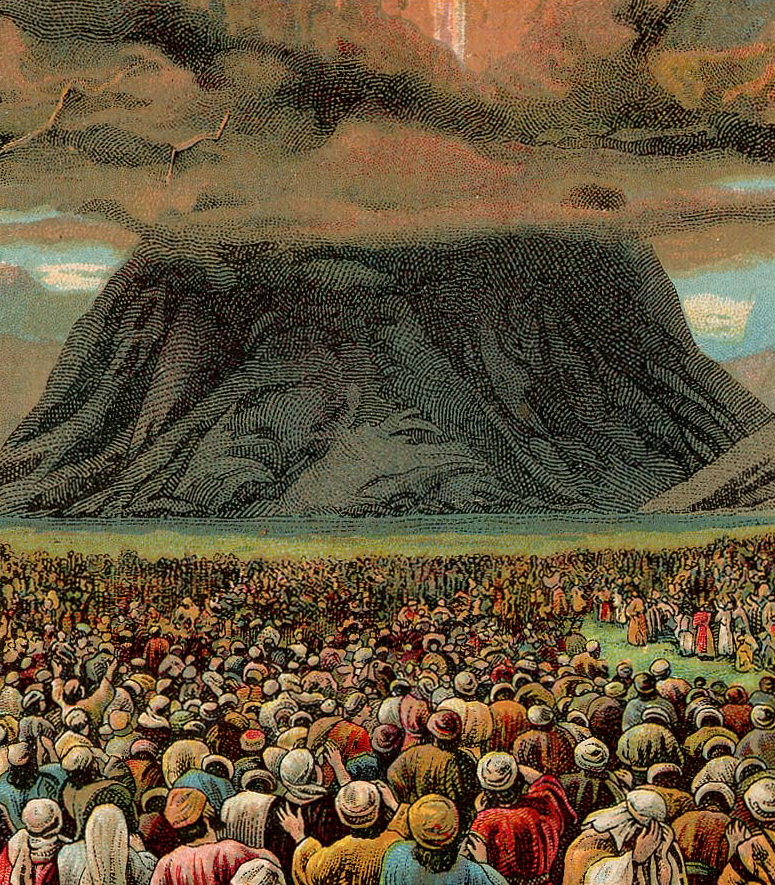Exodus 24:1–2, Worship you from afar…shall come near. YHVH stipulated that Aaron, his sons and the elders of Israel were permitted to worship him, but from afar, while he would allow Moses to come near to worship him.
At the same time, the people of Israel could worship him from their camp at the base of the mountain, which was further removed from the presence of Elohim. Each of these three location indicates a higher location on the mountain of YHVH—a picture of his heavenly throne room.
Most saints are at the foot of the mountain, a few are on the mountain but low, while even fewer are actually climbing higher toward the top. These three venues or positions of worship portend the three subdivisions of the tabernacle—the outer courtyard, the holy place and the holy of holies. This points to the fact that different people are in different places in their spiritual journey toward or walk with Elohim, and where they are at in that journey determines the level of intimacy that they can experience with our Father in heaven.
In biblical Hebraic and ancient religious cultures and mythologies, mountains have always traditionally symbolized heaven or the place of Elohim or the gods, and ascending mountains is a picture of drawing close to deity. This is why churches, temples (including the temple in Jerusalem) and religious shrines are often located on hills or mountains, so that people have to go up to them as if ascending to heaven.



It’s the climb! “Lord don’t move the mountain, just give me strength to climb” (from the song by Mahalia Jackson) might just be another analogy for this.
Question please-in Ex 24:6-8 it reads that Moses sprinkled 1/2 of the blood on the altar, READ the “book” of the covenant to the people and sprinkled the last 1/2 of the blood on the people. In Hebrews 9:19 Paul states that Moses sprinkled both the “book” and the people.” I have checked numerous translations and they all state it the same way in both books. So my question is did Moses sprinkle to altar the book, and the people or what?